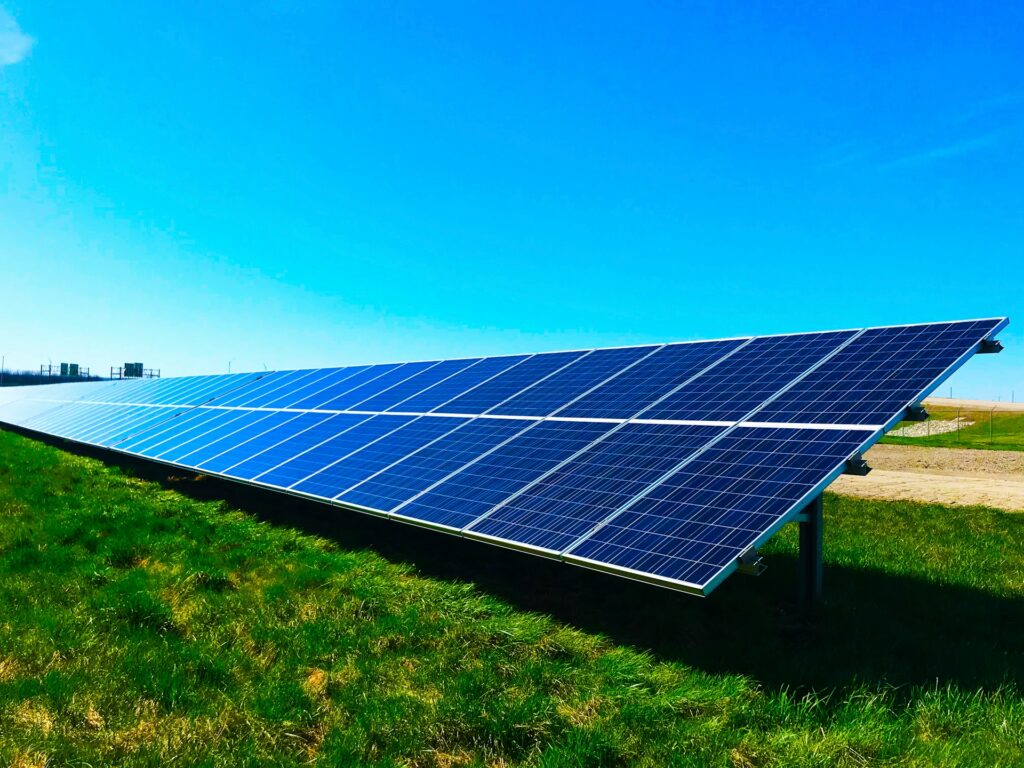For small businesses, every penny saved can make a significant difference in overall profitability. With the rising cost of utilities, finding effective ways to manage and reduce energy expenses has become a crucial part of maintaining a healthy bottom line.
From understanding current energy consumption patterns to exploring competitive pricing and renewable energy options, optimizing utility costs is a strategy that can benefit businesses of all sizes.

Utility expenditures account for a large portion of a small business’s expenses. Rising costs for power, gas, and water can pressure finances, leaving little room for development. Companies can save significantly by implementing effective strategies. Utility Bidder offers personalized guidance.
Why is Utility Cost Optimization Important?
Optimizing utility costs is critical for properly controlling business energy bills. Lowering energy expenses saves money, increases profitability, and contributes to a more sustainable future. Many firms miss simple steps that can substantially impact cost reductions.
Step-by-Step Guide to Cutting Utility Costs
Conduct an Energy Audit
An energy audit determines how much energy your company consumes and reveals inefficiencies. Understanding your energy profile, from business electricity to business gas consumption, may help you find ways to save energy and money.
| Key Audit Areas | Actions to Consider |
| Lighting Systems | Replace halogen bulbs with LED bulbs. |
| Heating and Cooling Systems | Use smart thermostats and seal gaps. |
| Equipment and Appliances | Switch off non-essential equipment. |
| Building Insulation | Reduce heat loss with better insulation. |
Upgrade to Energy-Efficient Products
Investing in energy-efficient equipment such as LED lights or smart thermostats takes a one-time expenditure but results in long-term savings. These items utilize less energy and result in considerable savings on electricity costs.
Monitor Energy Usage
Smart meters provide real-time energy data, allowing businesses to measure use and make educated decisions. Smart meters offer more control over electricity costs when combined with energy management software.
Negotiate with Energy Suppliers
Utility providers offer numerous contracts, and knowing energy contracts will help you get the best bargain. Switching providers allow firms to avoid hidden fees and lock in reduced commercial gas or electricity market costs.
Implementing Energy-Saving Measures
Engage Employees – Employee education on energy awareness promotes a conservation culture. Encouraging basic practices such as turning off lights in unoccupied workplaces can reduce energy use.
Optimise Heating and Cooling – Air conditioning and heating systems are significant energy users. Regular maintenance, correct storage space management, and smart thermostats can help reduce energy consumption in colder climates or hotter temperatures.
Switch to Renewable Energy – Investing in renewable energy decreases reliance on traditional sources and has a lesser environmental effect. Solar panels, for example, can be a long-term energy and cost savings option.
Use Motion Sensors – Installing motion sensors guarantees that lights turn on only when they are needed. This cost-effective option is convenient in conference rooms and storage areas.
Saving Money Using Technology
Artificial intelligence (AI) and energy management software provide information about energy use. These technologies assist small firms in identifying patterns, lowering energy use, and realizing substantial savings.
Long-Term Utility Saving Strategies
- Insulate Buildings: Improve door and window insulation to prevent heat loss.
- Replace Outdated Equipment: Older equipment consumes more energy. Investing in energy-efficient alternatives cuts utility costs.
- Adapt to Seasonal Changes: Change your energy use to reflect warmer or colder weather.
- Consider Professional Advice: Energy specialists can give cost-effective solutions and energy efficiency advice for your needs.
Understanding Utility Costs in Great Britain
Utility costs in the United Kingdom fluctuate due to market prices, deregulated markets, and rising costs. Small companies must remain up to date on market trends to acquire the greatest discounts. When you compare commercial gas prices and power rates, you may save money without sacrificing service quality.
Hidden Charges to Be Aware Of
Utility invoices sometimes contain hidden charges that can raise expenditures. An energy bill audit can help identify these costs, provide clarity, and find possible savings.
Sustainable Practices for Cost Savings
Adopting sustainable methods not only saves expenses but also minimizes environmental impact. Businesses can save long-term by:
- Changing to more energy-efficient appliances.
- Putting in place recycling and waste reduction strategies.
- Investing in clean energy sources.
Quick Savings Tips
- Replace incandescent lamps with energy-saving LEDs.
- During off-hours, turn off any non-essential equipment.
- Take frequent meter readings to prevent being overcharged.
- Compare utility providers to get lower-cost plans.
- Install motion detectors in low-traffic zones.
- To save money on air conditioning, use natural ventilation.
FAQs
Q: What are the most efficient strategies for small businesses to save utility costs?
The most successful approaches include doing energy audits, upgrading to energy-efficient items such as LED lamps, utilizing smart meters, and negotiating improved contracts with utility suppliers. Engaging staff in energy-saving initiatives might also help significantly.
Q: How can small businesses profit from renewable energy?
Investing in renewable energy, such as solar panels, decreases reliance on traditional energy sources, lowers utility costs, and adds to a more sustainable and environmentally responsible corporate strategy.
Q: How important is employee involvement for energy efficiency?
Employees play a critical role in energy conservation. Turning off lights, adopting energy-efficient equipment, and reporting energy waste are good ways to minimize total business electricity usage.
Conclusion
Optimizing utility bills does not necessitate substantial modifications or additional expenses. Small companies may save significantly on business energy costs by implementing energy-saving measures, utilizing technology, and negotiating better energy contracts. Visit Utility Bidder for professional guidance and exclusive access to the greatest energy offers. These techniques would cut energy expenses and pave the road for a more sustainable future.









0 Comments